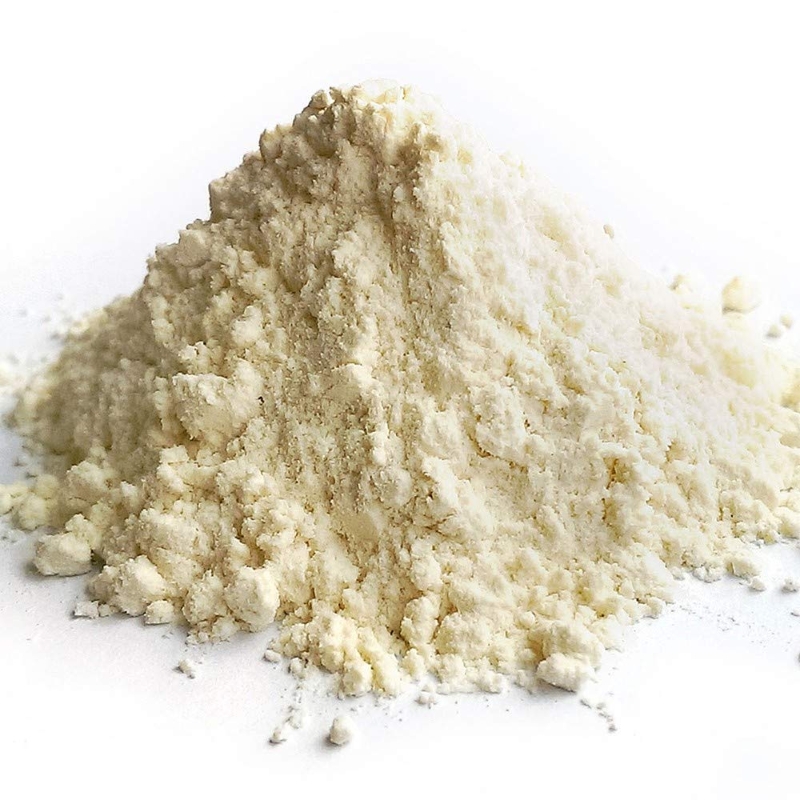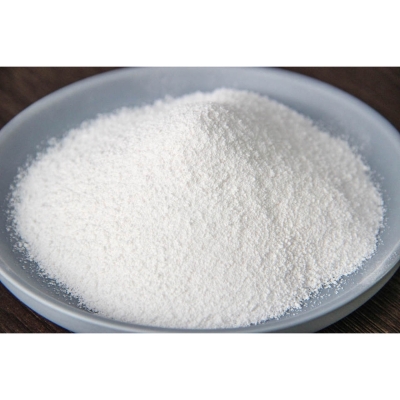-
Categories
-
Pharmaceutical Intermediates
-
Active Pharmaceutical Ingredients
-
Food Additives
- Industrial Coatings
- Agrochemicals
- Dyes and Pigments
- Surfactant
- Flavors and Fragrances
- Chemical Reagents
- Catalyst and Auxiliary
- Natural Products
- Inorganic Chemistry
-
Organic Chemistry
-
Biochemical Engineering
- Analytical Chemistry
-
Cosmetic Ingredient
- Water Treatment Chemical
-
Pharmaceutical Intermediates
Promotion
ECHEMI Mall
Wholesale
Weekly Price
Exhibition
News
-
Trade Service
Biocom reports: Recombinase polymerase amplification of RPA is known as a nucleic acid detection technology that can replace PCR .
Massively parallel sequencing technology (ie, next-generation sequencing NGS ) is a technological revolution in the field of genomes and genetics
Many important pathogens have extreme base composition, such as Plasmodium (high AT content) and Mycobacterium tuberculosis (high GC content)
To this end, the research team of the Wellcome Trust Sanger Institute optimized the preparation of the sequencing library and found a library preparation scheme that is suitable for low-volume samples and tolerates high AT content
Researchers used non-clinical and clinical isolates (containing approximately 53% of host contaminants) to prepare Illumina sequencing libraries, using different polymerase, PCR, and RPA methods, respectively, and analyzed and compared the sequencing results
The RPA isothermal amplification in this study directly used the TwistAmp basic reaction without any optimization
This attempt shows that the optimized RPA technology will be expected to be used in sample preparation for next-generation sequencing in the







